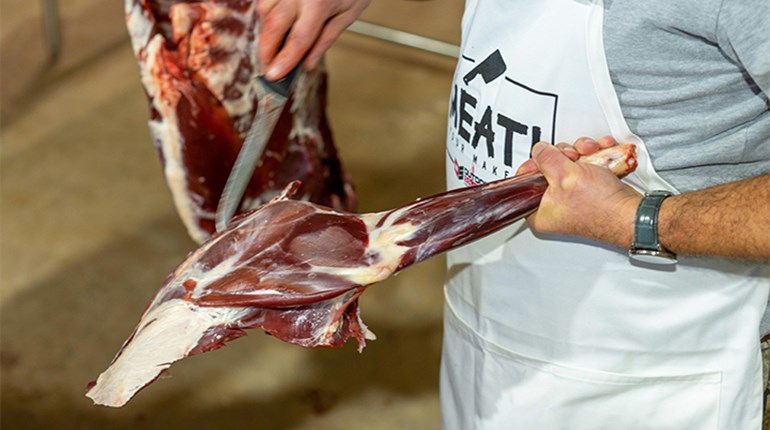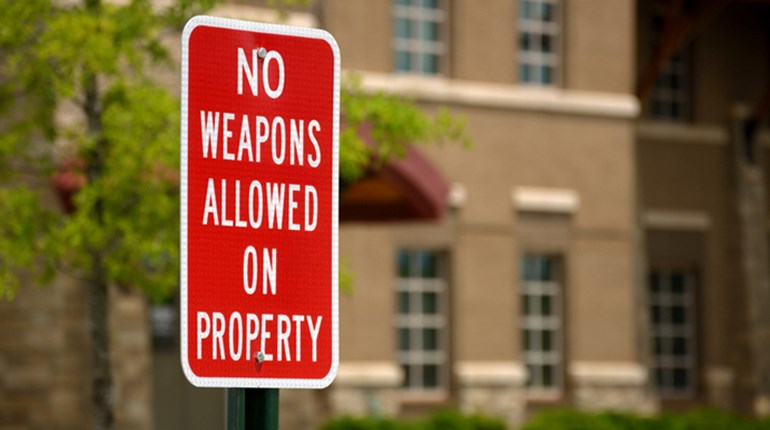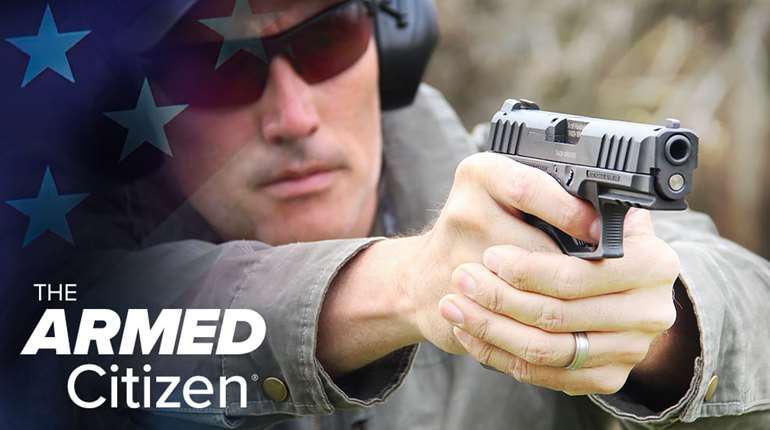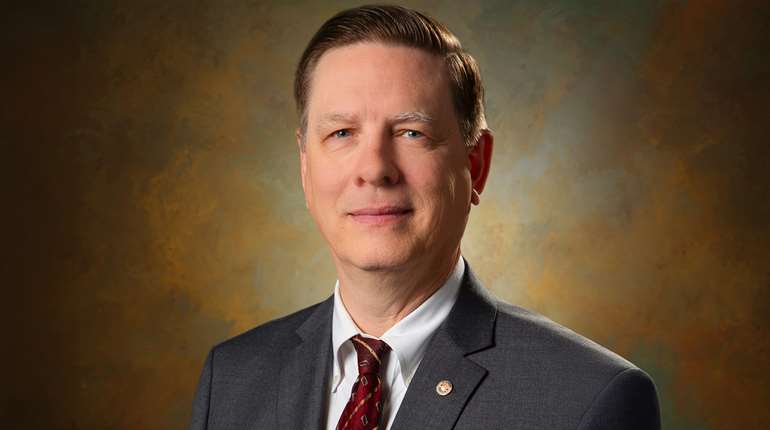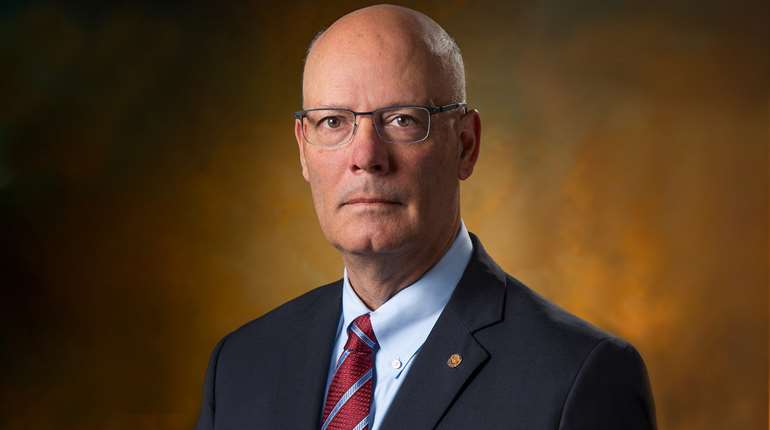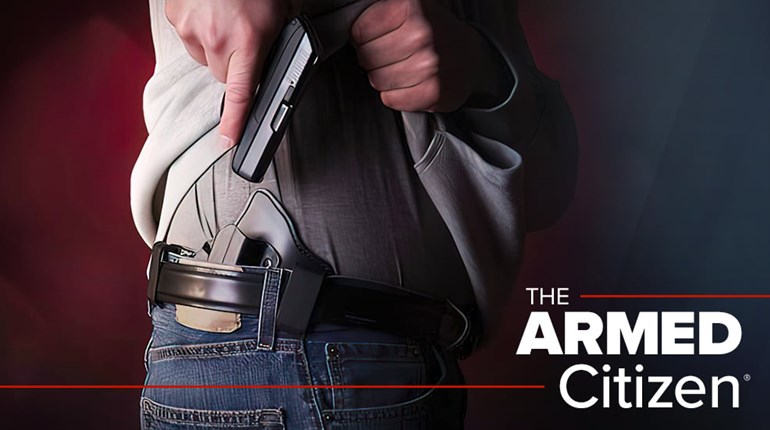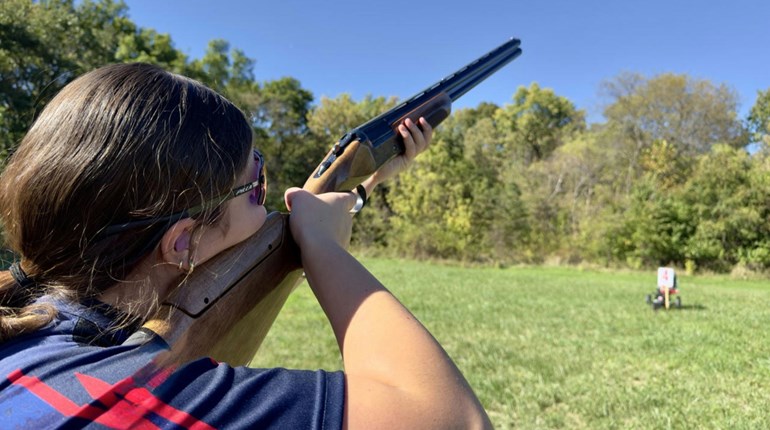
Anyone who worries that books might soon fade away as generations decide, maybe childishly prefer, to go no deeper than 140-character tweets, is fretting about losing books like Brandon Webb’s The Killing School—Inside the World’s Deadliest Sniper Program.
Though filled with scenes from war—mostly drawn from Webb’s experience serving with SEAL Team 3, Naval Special Warfare Group One Training Detachment sniper cell—calling The Killing School a war book is like saying Philip Caputo’s A Rumor of War is only about Vietnam or that William Manchester’s Goodbye, Darkness is only a WWII memoir. The Killing School takes us deep into SEAL sniper training; it introduces us to the people who do these things for us; and it exposes the often-unreported realities of the modern battlefield. Most of all, it gives even those of us who haven’t served a deep look into what American warriors do. Books like this one give us much deeper lessons in the reality of what our best must do to protect us than a movie, Facebook post or tweet can ever give us.
Within this book is a stubborn truth about the American spirit and why a free people, despite so many unknowing, clawing hands, fight to retain their basic right to keep and bear arms.
These are, after all, our finest warriors, all trained to a razor’s edge so they can covertly go where we send them to kill terrorists and to save American citizens.
Before even getting to all that, Webb begins by dismissing the critics who might not like that a retired Navy SEAL is writing books. Special Forces are, after all, are supposed to be “quiet professionals.”
“For me, the face of death is as familiar as the barista at my local coffee shop.” — Brandon Webb, author of The Killing SchoolNevertheless, from Richard Marcinko’s classic Rogue Warrior (founder and first commanding officer of SEAL Team 6) to Chris Kyle (American Sniper) to Webb, a lot of retired SEALS have written books. Is this a good thing?
To show us why it is, when done humbly and patriotically, Webb and his coauthor (John David Mann) begin with death—not with death generally or with even a particular fallen hero, but with death as an occupation, as a duty in service of country. Webb begins with what it’s like to wield death with a sniper rifle to protect our troops on the field of battle.
“For me, the face of death is as familiar as the barista at my local coffee shop,” Webb writes. As you read this, you don’t feel like he’s boasting. He’s just telling it like it is. And we really have to understand this before we can support or condemn any military action taken by the U.S. government. We also have to come to terms with this responsibility before we might ever pick up a self-defense gun to protect our family or even complete strangers.
Webb has a lot of background in this topic. As a SEAL sniper, Webb was tasked with helping to revamp the U.S. Naval Special Warfare (SEAL) Scout/Sniper School. It was his job to incorporate the latest advances in technology and ballistics software to create an entirely new course that, to this day, continues to develop the skills of SEAL snipers.
Webb is now a private citizen who often appears on cable news channels as a military expert and someone speaking out for our freedom—someone who has held freedom’s tool in his hands as an elite sniper fighting for others’ freedom abroad.
We recently asked Webb about his latest book, and about how learning about Navy SEAL training might help us.
A1F Daily: In the military they often say, “There is no ‘I’ in team.” But the SEALs and other elite groups also train soldiers to think like individuals, even to hone different strengths that fit together into a team. Even a sniper has a spotter. How does this team dynamic work in the SEALs?
Webb: In the SEAL Teams, we teach guys to think independently, but it's all about the team 100 percent. Even when it comes to admin cleaning of gear, it's always team gear, your buddy's gear, your gear and then yourself last.
A1F: In the military there is accountability for actions, but in civilian life, especially in politics, duplicity might be rewarded. Is this a necessary difference, or is it something rotting in our culture? I realize this is a subjective question, but when reading your book, I kept seeing the sacrifices those in uniform make while thinking that we need to understand and celebrate the code they ideally live by, if only as a check on the Machiavellian nature of the mainstream.
“To this day I still use the positive psychological coaching elements I incorporated into the SEAL sniper course in my life as a parent to my children and a leader in my team I work with today in business.” — Brandon Webb Webb: I couldn't agree more with you on the duplicity in politics; it's one of the reasons I supported Donald Trump upending the political system in D.C. He’s turned the process on its head, and the press follow him around like a lost puppy. America needs to bring back a culture of accountability.
A1F: What made you want to be a SEAL?
Webb: I dig deep into this in my first book, The Red Circle, my memoir that describes my crazy childhood, hippie parents and leaving home at age 16. The short answer is I've always had a desire to serve my country, and I initially wanted to become a fighter pilot. However, fate stepped in, and while I was working on a SCUBA diving boat as a young man I learned about the SEAL Teams, read the book Rogue Warrior and was hooked on joining the Navy to become a frogman.
A1F: What firearm platforms did you use most? Does a SEAL have the freedom to choose from different options or model and/or caliber and even to set up his own?
Webb: I was a fan of the M14 (for its reliability and 7.62 round), and the .300 Win Mag. The SR-25 was also a great 7.62 semi-auto, but we started to have QA issues with the weapon system and a lot of guys stopped trusting the platform. As a SEAL sniper, we had a variety of weapons to choose from and were free to configure them to our imagination’s delight. And to be completely honest, one of my all-time favorite weapons was when I was a new guy SEAL and carrying the big M-60 machine gun. There is nothing like being in a live-fire, 60-minute contact drill with four 60s up and singing together.
A1F: A lot of SEALs seem to do very well in business. Have you found that the skill set you learned in the Navy translated to civilian life?
Webb: I think it's because a lot of us grew up in extreme adversity in our childhoods, and a majority came from hard-working poor families; it's a common theme I've noticed. They do all these fancy studies on how to select the best candidate for SEAL training, but if I were in charge I'd just screen for childhood adversity! The Navy and SEAL Teams taught me an incredible amount about leadership, both good and bad, but you take the bad experiences and learn from them and try and become a better leader for it. To this day I still use the positive psychological coaching elements I incorporated into the SEAL sniper course in my life as a parent to my children and a leader in the team I work with today in business.
A1F: How does a SEAL team stay successful after winning? What I mean is, there must be a big let down after mission is completed, so how does a team stay in the game so they can be ready to go into action again?
Webb: This one is easy, and our motto answers it: “The Only Easy Day Was Yesterday.” We realize this, and that you have to earn your gold SEAL Trident pin every day. I teach this to my own kids, and tell them they always have to strive to do better in life, and can never rest on past accomplishments.
A1F: What do you hope people take away from The Killing School?
Webb: I hope they get a greater appreciation for what it takes to become a sniper and to deploy downrange on the battlefield—both the professional aspect and the very real human toll it takes. I also hope people recognize the elements in the book—during the training portion, especially—that can be applied in their everyday lives, and that it makes them better leaders in life.
Frank Miniter is the author of The New York Times bestseller The Ultimate Man’s Survival Guide—Recovering the Lost Art of Manhood. He is also the author of This Will Make a Man of You and The Future of the Gun. He is a contributor to Forbes and writes for many publications. His website is FrankMiniter.com.











